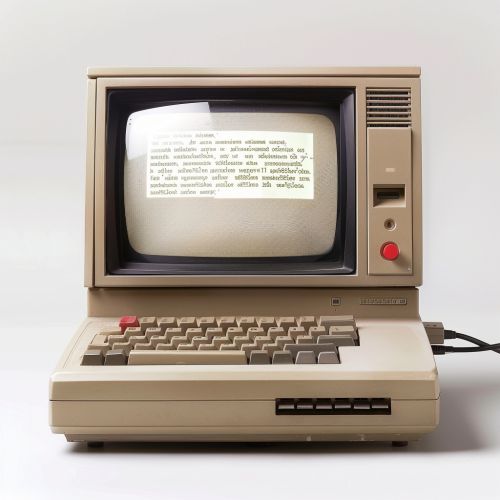Internet Humor
Overview
Internet humor refers to the unique aspects of humor that are indigenous to the World Wide Web. This includes a wide range of phenomena, including jokes, memes, viral videos, and other forms of comedic content that are shared and spread through online platforms. Internet humor has evolved over time, reflecting changes in technology, culture, and the ways in which people use and interact with the internet.
History
The history of internet humor can be traced back to the early days of the internet, when users would share jokes and humorous stories via email and on Usenet newsgroups. As the internet evolved and new platforms emerged, so too did the nature of internet humor. The rise of social media platforms such as Facebook, Twitter, and Reddit has played a significant role in shaping the current landscape of internet humor.


Forms of Internet Humor
Internet humor takes on many forms, each with its own unique characteristics and conventions.
Memes
Memes are perhaps the most recognizable form of internet humor. They are typically image or video-based, with a caption or text overlay that conveys a joke or humorous concept. Memes often spread virally, being shared and reshared across various social media platforms.
Viral Videos
Viral videos are another common form of internet humor. These are videos that gain widespread popularity through online sharing. Viral videos can range from short clips of funny or unexpected events, to elaborate pranks or comedy sketches.
Parodies
Parodies are a form of internet humor that involves making fun of a particular subject by imitating it in a humorous way. This can involve parodying a popular song, movie, or even another internet meme.
Satire
Satire is a form of humor that uses irony, sarcasm, and ridicule to critique or mock people, ideas, or societal norms. Online platforms like The Onion and ClickHole are known for their satirical articles and videos.
Impact
Internet humor has had a significant impact on culture and society. It has influenced the way people communicate and express themselves online, and has even played a role in shaping political discourse. Internet humor has also been the subject of academic study, with researchers examining its role in shaping online communities and its impact on broader cultural trends.
